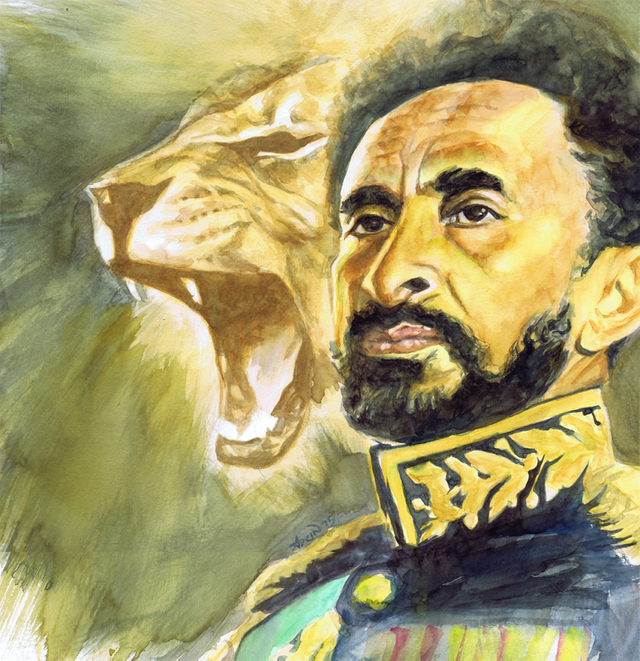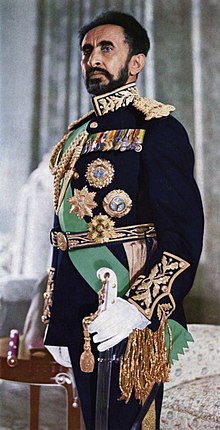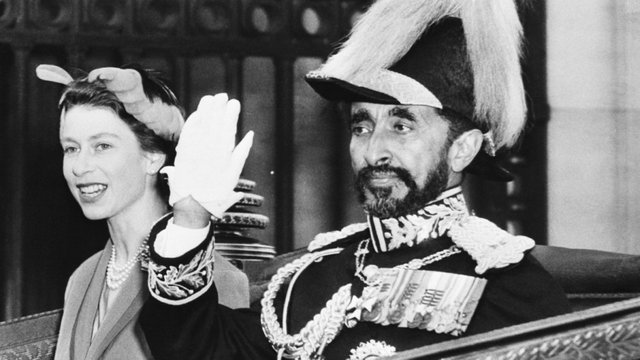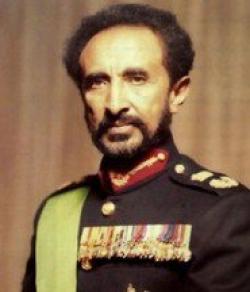LEADERSHIP IN AFRICA
Nowadays, any responsible person could be easily offended by the increasing atrocities in the world. This is particularly true for Africans as the continent is highly suffering from various atrocious misdeeds and mischiefs. The major cause of all existing wrongdoings in our beloved and resource-rich continent is primarily poor leadership.
Indeed, many people in Africa do not have trust in their leaders. This is because most often than not leaders tend to abuse power for various reasons. It is often said by many that African leaders put first their personal interests than anything else. It is obvious that their self-interest may not be the interest of the public at large. Corruption, nepotism, egoism and abuse of power are the major characteristics of African leaders(Gebremeden, 2016)
HAILE SELASSIE'S VIEW ON LEADERSHIP
LEADERSHIP
Leadership does not mean domination. The world is always well supplied with people who wish to rule and dominate others.
The true leader is a different sort; he seeks effective activity which has a truly beneficent purpose. He inspires others to follow in his wake, and holding aloft the torch of wisdom, leads the way for society to realize its genuinely great aspirations.
The art of leadership is in the ability to make people want to work for you, while they are really under no obligation to do so. Leaders are people, who raise the standards by which they judge themselves and by which they are willing to be judged. The goal chosen, the objective selected, the requirements imposed, are not mainly for their followers alone. They develop with consummate energy and devotion, their own skill and knowledge in order to reach the standard they themselves have set.
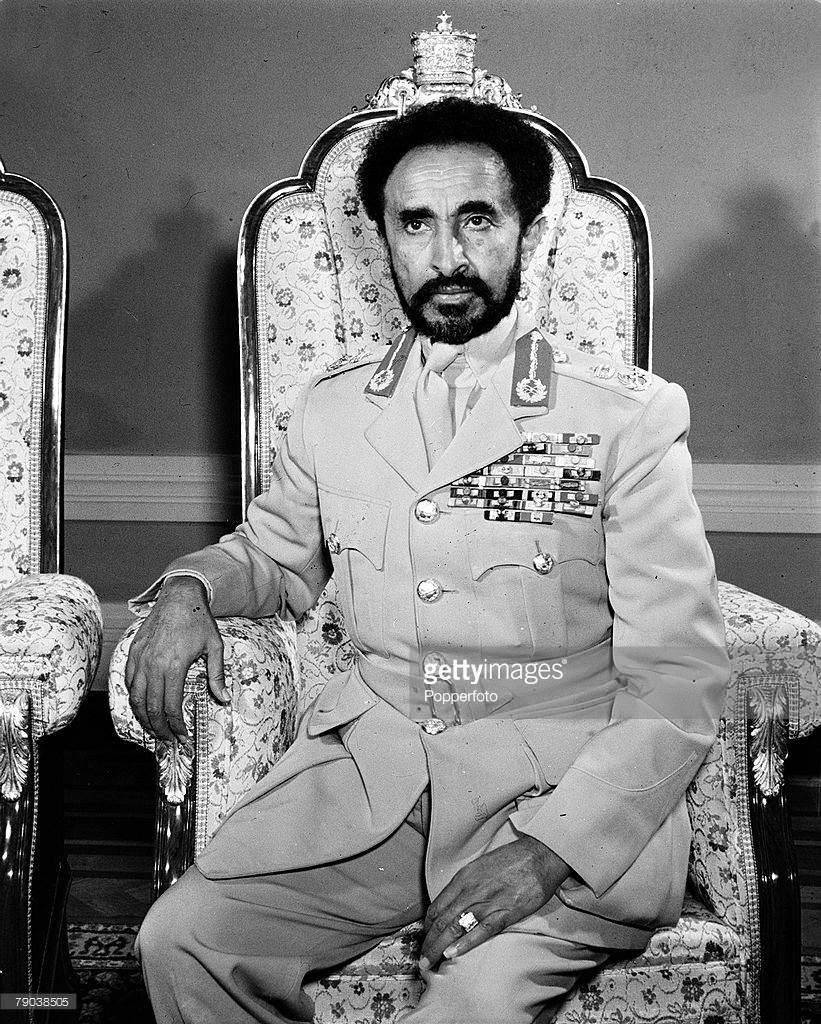
This whole-hearted acceptance of the demands imposed by even higher standards is the basis of all human progress. A love of higher quality, we must remember, is essential in a leader. The true leader is one who realizes by faith that he is an instrument in the hands of God, and dedicates himself to be a guide and inspirer of the nobler sentiments and aspirations of the people.
He who would be a leader must pay the price in self-discipline and moral restraints. This details the correction and improvement of his personal character, the checking of passions and desires and an exemplary control of one's bodily needs and desires.
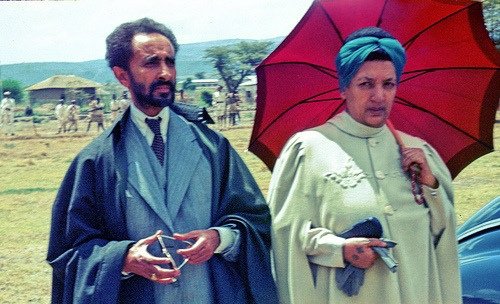
To be first in place, one must be first in merit as well.
He who has not learned to render prompt and willing service to others will find it difficult to win and keep the goodwill and cooperation of his subordinates. A leader will kindle interest, teach, aid, correct and inspire. Those whom he leads will cooperate with him in maintaining discipline for the good of the group. He will instruct his followed in the goals towards which to strive, and create in them a sense of mutual effort for attaining the goal.
